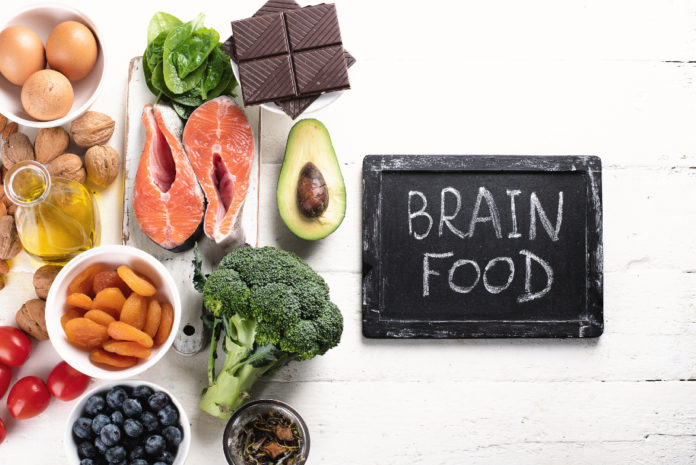Nutritional and healthy brain foods for better brain health
In order to keep our brain as healthy as possible, it’s crucial that we eat healthy foods for better brain health. This can help reduce risk of developing Alzheimer’s or Parkinson’s disease as we age, along with other neurodegenerative conditions.
Since our brain is always working and is in charge of vital functions such as breathing, movement, and temperature regulation, eating well will help support these functions along with cognitive ones such as memory and learning. So which kind of brain foods will support our overall health?
Foods for better brain health include whole foods such as fruits, vegetables, lean proteins, and whole grains. These foods are high in omega-3 fatty acids, antioxidants, and vitamins A, C, and K, all of which are important nutrients for better brain health. Some foods within these categories stand out, and we’ll cover some key items to add to the grocery list.
Berries
Packed with flavonoids, antioxidant plant pigments that prevent radical damage and the formation of cancer-causing chemicals, berries are like nature’s candy and extremely easy to pair on most foods such as yogurt or salads. Try eating half of a cup of berries three times a week
Dark Chocolate
Chocolate lovers may love this one, although it can be a bittersweet alternative. Dark chocolate is high in antioxidant flavonoids which can decrease heart disease risk and boosts healthy blood flow. Aim for dark chocolate with at least 70% cocoa. Who knew chocolate could be considered in the group of foods for better brain health?
Fatty Fish
High in omega-3 fatty acids, fatty fish help support our brain’s structure and decrease high levels of beta-amyloid that is associated with Alzheimer’s disease and dementia. Fatty fish helps with cognitive functions like memory and executive function, as well as migraines.
Leafy Greens
Leafy greens are a great source of vitamin A which help neurons, our nerve cells, control learning and memory. They also contain vitamin C and K which contain anti-inflammatory and antioxidant properties. Two to three cups of dark leafy greens a day is recommended.
Nuts
Nuts also offer omega-3 fatty acids, which are the healthy fats for good blood flow and brain structure. The American Heart Association recommends 1.5 ounces of unsalted nuts four times a week.
Tea
Last but not least, tea makes it to this brain foods list and drinking a cup a day is a great way to start. Both green and black tea are rich in antioxidants. Lion’s mane tea, made from the lion’s mane mushroom, contains substances that help the brain, gut, and heart. It’s also naturally caffeine-free but contains L-theanine, an amino acid that improves alertness and concentration.
